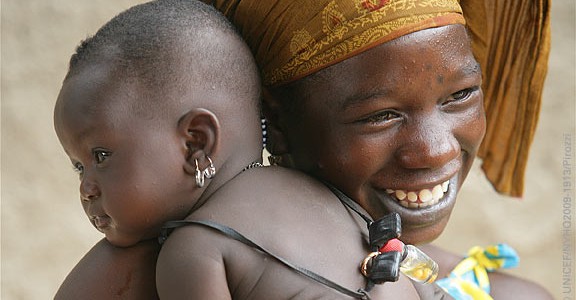No country of one’s own
Worldwide, an estimated 12 million people have no nationality. In other words, they are
stateless. Statelessness is a problem because possessing a nationality means that there is at
least one country where one has the right to reside. Nationality confers a number of other
important rights too: the right to identity documents, for example, or the right to return
to your own country. Without papers proving who you are, it can be difficult to marry,
enter into contracts or acquire diplomas. In addition, possessing a nationality makes a
person a member of a particular political community. For all these reasons, the right to
nationality is enshrined as a fundamental human right in the Universal Declaration of
Human Rights.
To protect the stateless and to prevent statelessness, the international community
concluded two major instruments: the 1954 Convention relating to the Status of
Stateless Persons and the 1961 Convention on the Reduction of Statelessness. The
Netherlands is a party to both. This means that it has obligations towards stateless
persons living in the Netherlands and towards stateless children born on Dutch territory.
In addition, it means that, with certain exceptions, the Netherlands may not deprive
people of their Dutch nationality if they would then become stateless.



Comments are closed.